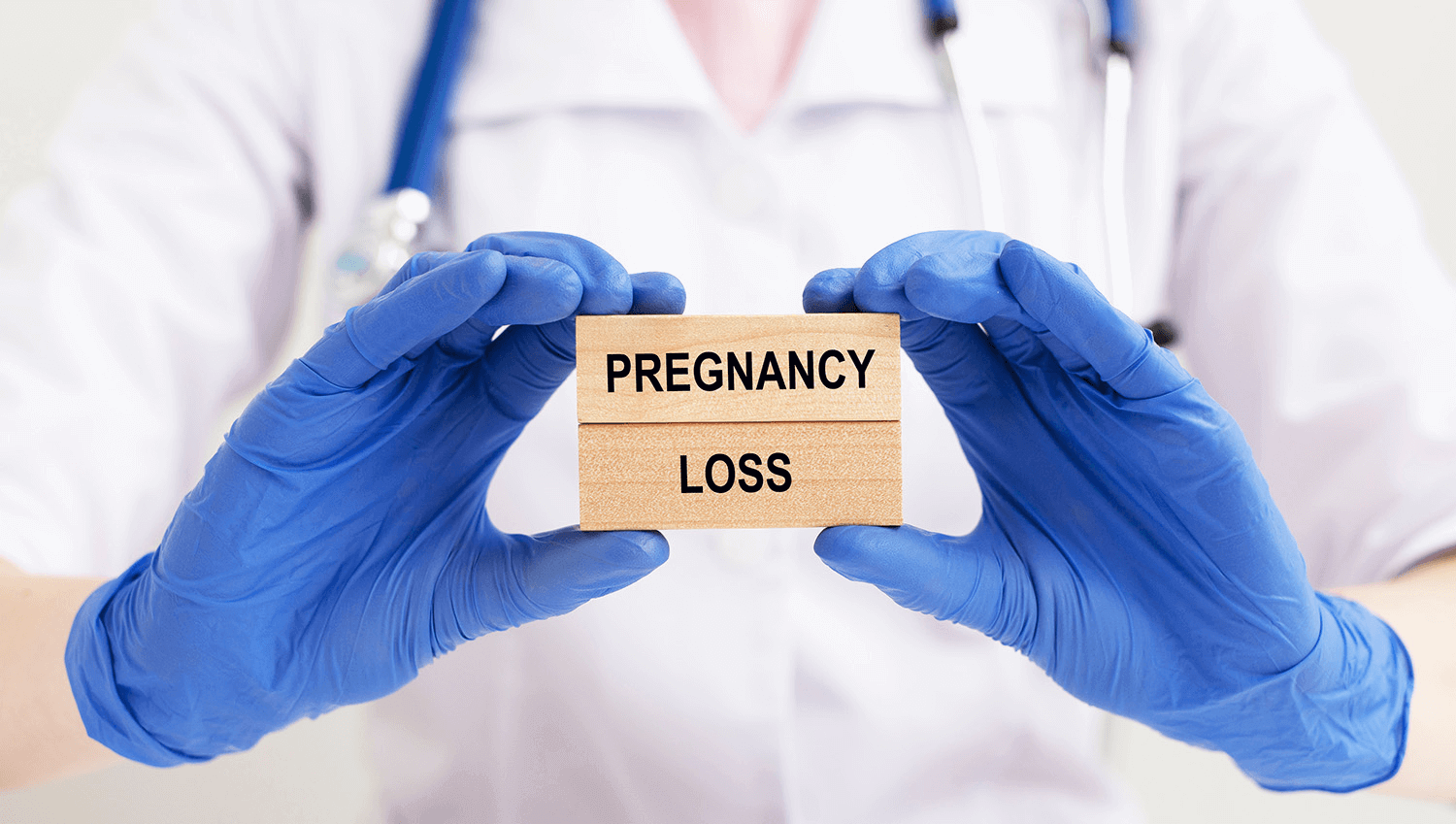The Role of Hormones in Pregnancy Loss: What Science Says

Introduction
Pregnancy is a complex biological process controlled by a delicate balance of hormones. These chemical messengers regulate critical functions such as ovulation, implantation, and fetal development. When this hormonal balance is disrupted, pregnancy loss can occur. In this article, we explore the science behind hormones, how they impact pregnancy, and what research says about their role in pregnancy loss.
Understanding Pregnancy Loss
Types of Pregnancy Loss
- Chemical Pregnancy: Loss occurs before the fifth week.
- Missed Miscarriage: The fetus stops developing, but no immediate symptoms appear.
- Recurrent Miscarriage: Three or more consecutive losses.
- Ectopic Pregnancy: The embryo implants outside the uterus, often due to hormonal issues.
Causes of Pregnancy Loss
- Genetic Abnormalities
- Hormonal Imbalances
- Maternal Health Conditions
- Lifestyle Factors (e.g., smoking, alcohol use)
What Are Hormones and How Do They Work?
Hormones are chemical messengers produced by glands in the endocrine system. They regulate various functions like growth, metabolism, and reproductive health. During pregnancy, hormonal signals are critical for maintaining a healthy pregnancy.
Key Hormones in Pregnancy
1. Progesterone
- Role: Supports implantation and maintains the uterine lining.
- Importance: Low progesterone levels can cause the uterine lining to shed, leading to miscarriage.
- Scientific Insight: Studies show that progesterone supplementation can reduce the risk of miscarriage in women with recurrent pregnancy loss.
2. hCG (Human Chorionic Gonadotropin)
- Role: Signals the body to continue producing progesterone.
- Importance: Low hCG levels can indicate a failing pregnancy.
- Fact: Pregnancy tests detect hCG to confirm pregnancy.
3. Estrogen
- Role: Supports fetal development, strengthens the uterus, and increases blood flow.
- Risk Factor: Imbalances can lead to premature birth or miscarriage.
- Fact: Estrogen levels increase steadily throughout pregnancy.
4. Thyroid Hormones (T3 and T4)
- Role: Regulate metabolism, energy levels, and fetal brain development.
- Risk Factor: Hypothyroidism (low thyroid levels) is linked to early pregnancy loss and birth defects.
5. Insulin
- Role: Regulates blood sugar levels.
- Risk Factor: Poor insulin control can cause gestational diabetes, increasing the risk of miscarriage and pregnancy complications.
Hormonal Imbalances Linked to Pregnancy Loss
- Luteal Phase Defect (LPD): Insufficient progesterone production after ovulation.
- PCOS (Polycystic Ovary Syndrome): Causes irregular ovulation due to hormonal imbalances.
- Hypothyroidism: Underactive thyroid leads to lower pregnancy-sustaining hormone levels.
- Hyperprolactinemia: Excess prolactin can suppress ovulation, disrupting conception.
Diagnosing Hormonal Problems in Pregnancy
- Blood Tests: Check levels of hCG, progesterone, estrogen, and thyroid hormones.
- Ultrasound: Monitors fetal development and uterine health.
- Genetic Screening: Rules out chromosomal abnormalities.
Treatments for Hormonal Imbalances
- Hormone Supplements: Progesterone, hCG injections, or thyroid hormone replacement.
- Lifestyle Adjustments: A healthy diet, exercise, and stress management.
- Medical Care: Treatment for underlying conditions like PCOS or thyroid disorders.
For expert tips on managing pregnancy symptoms, read this First-Trimester Survival Guide.
Preventive Measures for Healthy Pregnancies
- Prenatal Care: Regular check-ups and early screening.
- Healthy Diet: Balanced nutrition supports hormone regulation.
- Exercise: Moderate exercise promotes hormonal balance.
- Stress Reduction: Mindfulness, yoga, and counseling can help maintain emotional well-being.
To learn more about pregnancy-related appetite changes, check out this article on food aversions during pregnancy.
FAQs About Hormones and Pregnancy Loss
1. Can low progesterone cause miscarriage?
Yes, insufficient progesterone can prevent proper implantation, increasing the risk of pregnancy loss.
2. How do doctors test for hormonal imbalances?
Blood tests measure hormone levels, including progesterone, hCG, estrogen, and thyroid hormones.
3. Is PCOS linked to miscarriage?
Yes, women with PCOS have a higher miscarriage risk due to irregular ovulation and hormonal issues.
4. Can thyroid problems cause miscarriage?
Yes, untreated thyroid imbalances can affect fetal development and increase pregnancy loss risks.
5. Are hormone supplements safe during pregnancy?
Yes, but only under medical supervision. Progesterone, hCG, and thyroid medications can support a healthy pregnancy when prescribed.
6. Can lifestyle changes balance hormones?
Yes, a healthy diet, exercise, and stress reduction can improve hormonal health.
Conclusion
Hormones play a critical role in pregnancy, from conception to delivery. When hormonal imbalances occur, they can disrupt the pregnancy process and lead to miscarriage. With advancements in medical research, diagnosing and treating hormonal issues has become more effective, offering hope for successful pregnancies. Stay informed, seek timely medical advice, and take proactive steps toward a healthy pregnancy.






